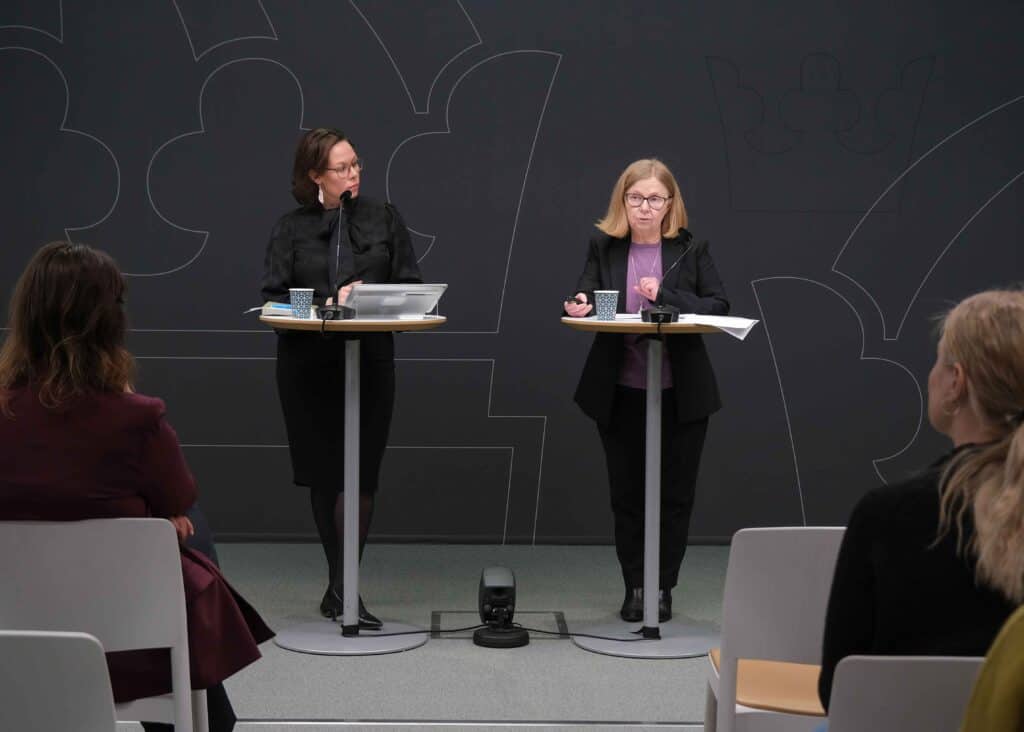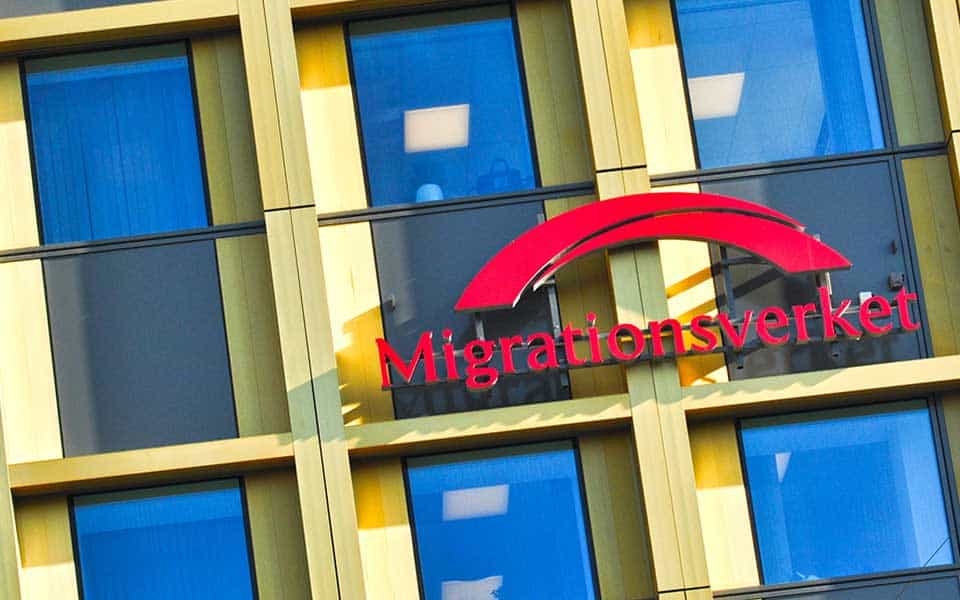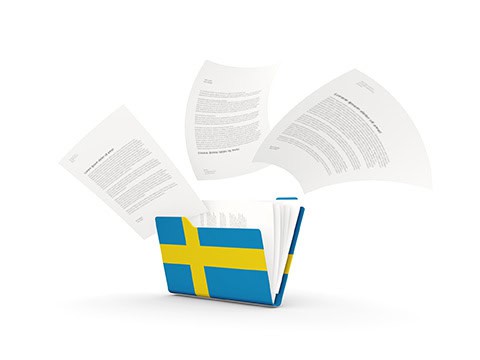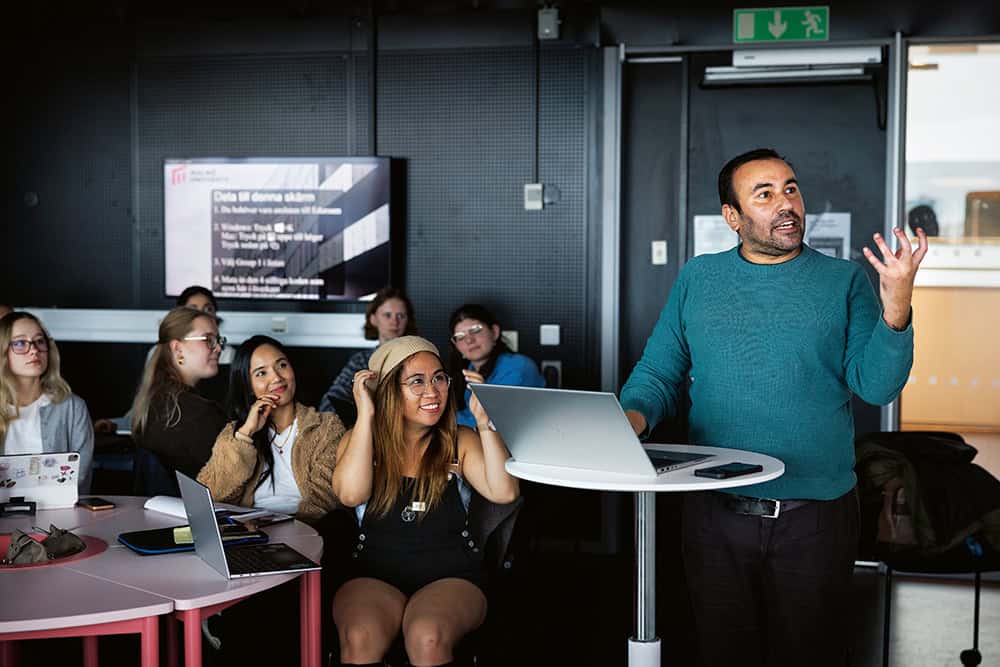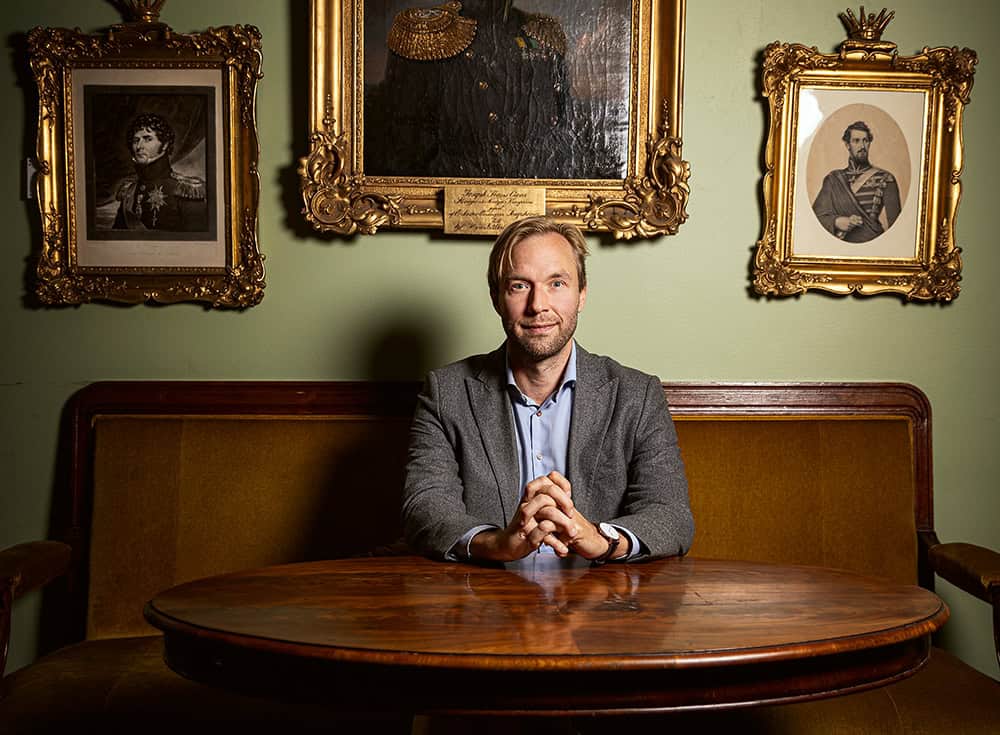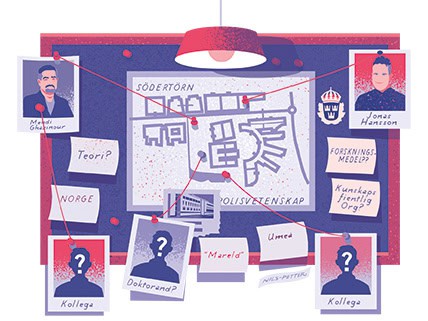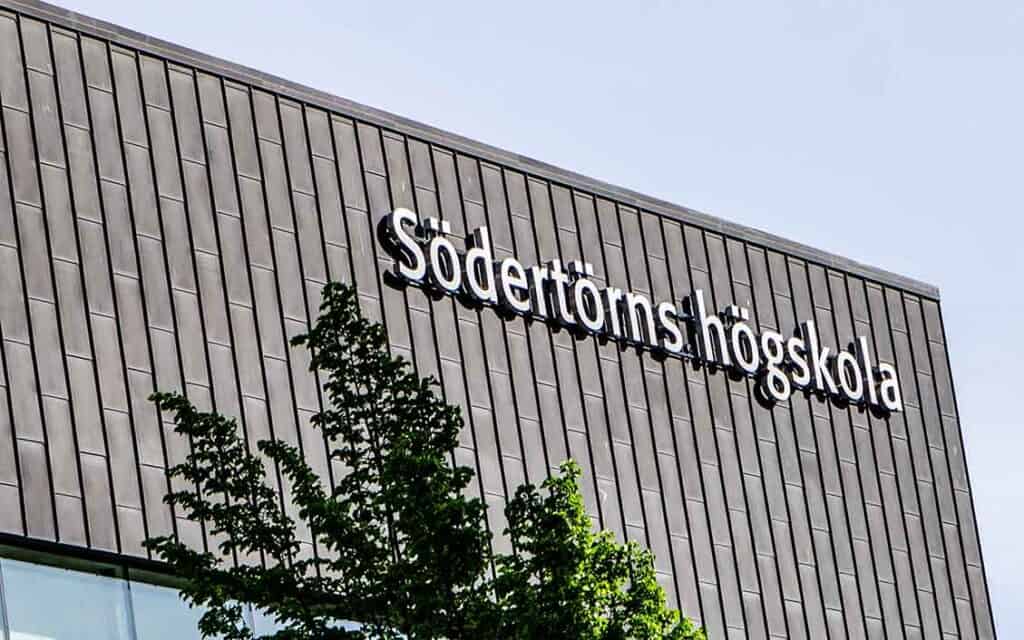On 15 February, the government took delivery of the inquiry proposals it had commissioned together with its collaboration partner, the Sweden Democrats. Its aim was to make the conditions for labour immigration stricter, but at the same time promote inward migration of highly qualified people.
Currently, a foreign national who has just finished studies or research in Sweden can be granted a special residence permit for one year to look for employment or start a business. But if they then get a doctoral or research position, they must leave Sweden to apply for a residence permit for research or doctoral studies.
The inquiry report says that this is not logical and therefore wants to enable application for this type of residence permit from within Sweden. It also recommends that foreign researchers who have had a child in Sweden should no longer have to leave the country with their newly born child in order to apply for the child’s residence permit.
These proposals are identical to two of the ten proposals to remove obstacles for foreign students and researchers to work in Sweden that SULF has presented previously.
“So there are only eight points left on our list,” says Robert Andersson, SULF’s head of negotiations.
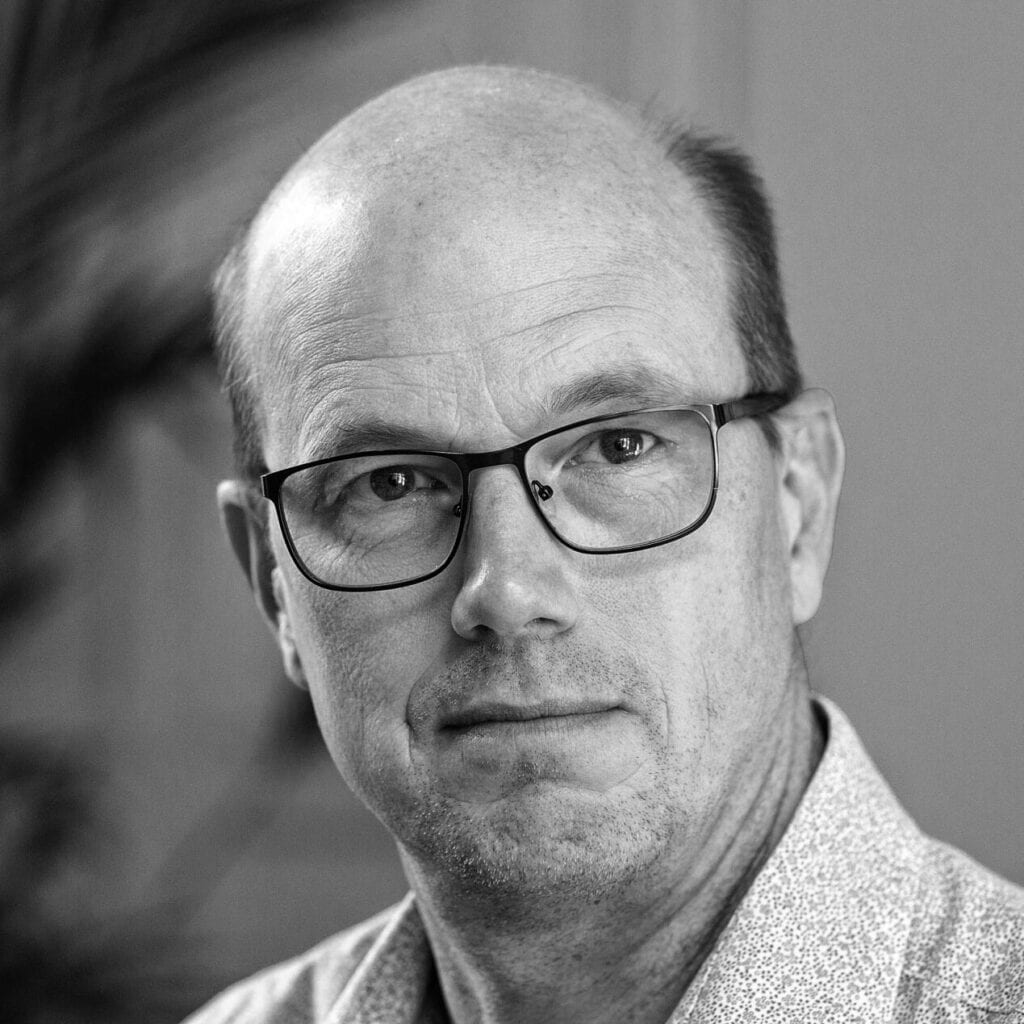
Robert Andersson
Head of negotiations, SULF
Lower salary requirements for researcher
In order to be granted a work permit, the inquiry proposes that applicants should have a monthly salary corresponding to at least the median salary in Sweden, which is currently SEK 34,200. It proposes, however, that researchers and newly graduated students be exempt from this rule. Instead, their salary level should be no less than either the lowest monthly salary level under the relevant collective agreement or generally accepted practice in the relevant industry. Alternatively, it proposes a level for this group that is half the median salary.
SULF believes that a wage floor based on the median wage in Sweden is problematic, because it risks creating a minimum wage through legislation rather than through the collective negotiations between the labour market parties. However, if the measure is to be introduced regardless, Andersson sees it as a positive step that a lower salary requirement will apply to researchers and students.
The inquiry proposes that the changes to the legislation come into force on 1 June 2025.
Unresolved obstacles
One of the items on SULF’s issues list that remains unresolved is the self-support requirement for permanent residence permits. Likewise, researchers may not be allowed to leave Sweden both for the duration of their residence permit and while waiting for a new permit to be granted. The latter problem is mentioned in the investigation, but without a proposed solution.
Education Minister Mats Persson writes in an email to Universitetsläraren that he supports the inquiry’s proposals and that the government is working ”to address the problems that SULF has raised”.
”The government wants to have excellent research in Sweden and to attract global talent. That requires good financial conditions and that accompanying family members can enjoy a good quality of life in Sweden. That is why we are improving the tax rules for foreign researchers through reduced ‘expert tax’ and increased R&D deductions,” writes Persson.
Further investigations planned
Robert Andersson had hoped that the inquiry would also cover a matter that the government and the Sweden Democrats announced in their Tidö collaboration agreement, namely ”special provisions for doctoral candidates and researchers regarding residence permits after a certain period of continuous employment”.
Erik Engstrand, press secretary to Migration Minister Maria Malmer Stenergard, writes to Universitetsläraren that directives regarding this issue will be part of a separate inquiry, and that ”the aim is to set up the inquiry soon”.
Robert Andersson says that it will then take some time before proposals are presented to the parliament.
Over the years, SULF has been proved right about many of the obstacles for foreign researchers that it has has flagged up as illogical or counterproductive. “That’s good, but things happen too slowly and are done too haphazardly. It would therefore be good to have an inquiry that has a mandate to take a comprehensive approach to the issues,” he says.
New proposals on work permits
Salary requirement corresponding to the median salary in Sweden – currently SEK 34,200.
Lower salary requirement for researchers and recent graduates. And they should not have to leave the country to apply for a new residence permit for research or doctoral studies.
Residence permits for researchers’ newborn children can be applied for without having to leave Sweden.
The government will have the right to exclude certain professional groups from eligibility for work permits.
It will no longer be possible to apply for a work permit after an asylum application has been rejected.
Employers will be obliged to report if employment ends.
The penalties for employers or assignment givers of people who work without a valid work permit will be increased.
